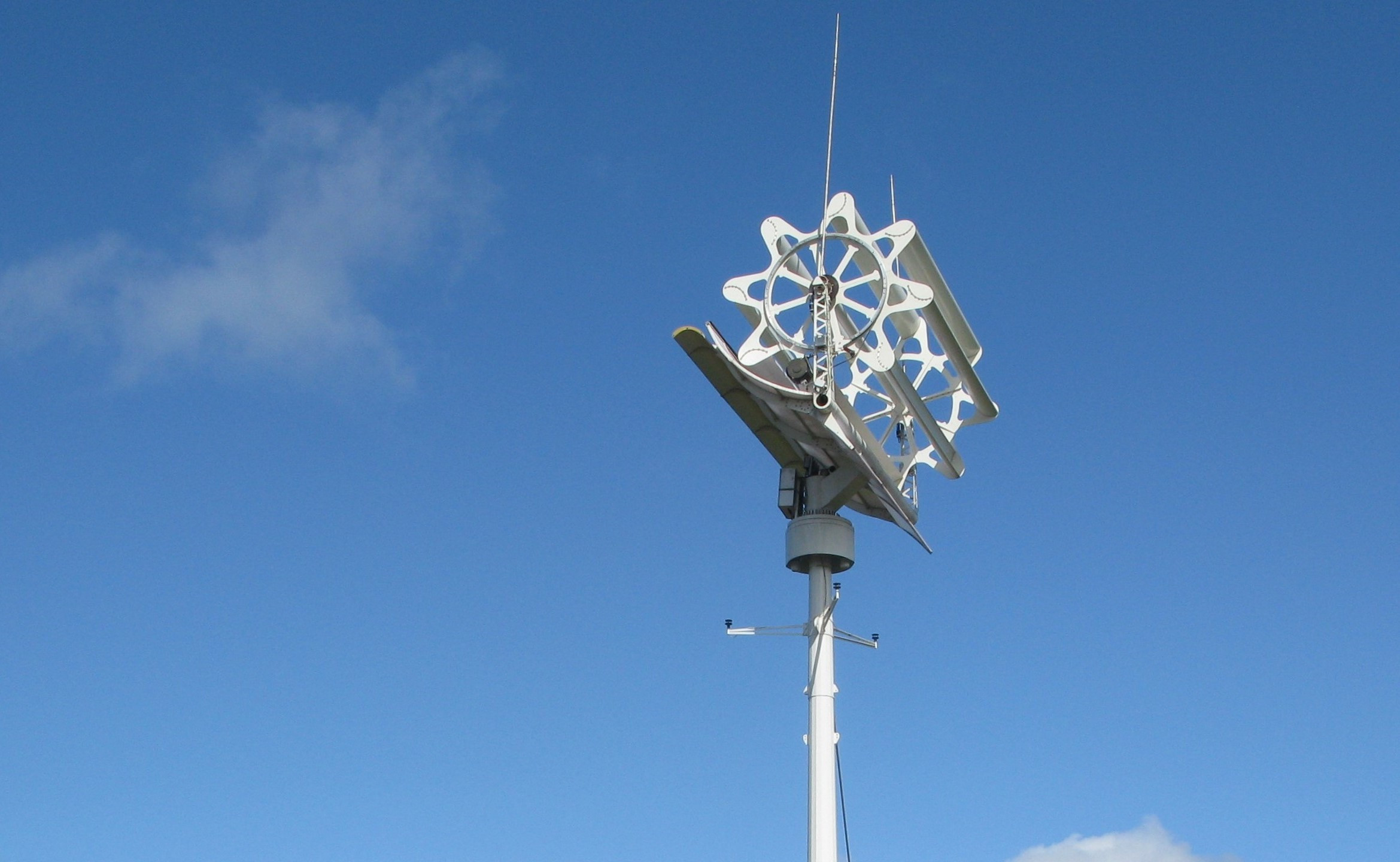Vodafone to use self-powered masts to deliver coverage to rural areas

Vodafone will use “self-sufficient” mobile phone masts to deliver 4G and 5G services to customers in rural areas after teaming up with Crossflow Energy to leverage its unique technology.
Vodafone said that there are currently “very significant challenges” in the quest to bring better connections to hard-to-reach locations and that self-powered masts solve many of the logistical, cost and environmental issues.
The telecoms company has come up with a new design specifically for the task after a two-year-long collaboration with Crossflow Energy.
Rather than having to plug directly into the power grid, the ‘Eco-Tower’ masts use wind, solar and battery-based power to create sustainable energy.
Vodafone said that its latest work will cut emissions and play a major role in its desire to become net zero in the UK by 2027.
Crossflow Energy CEO Martin Barnes noted: “In the case of Vodafone, it will help to accelerate the expansion of rural connectivity, transform energy consumption patterns and deliver significant economic and carbon savings.”
Vodafone chief network officer Andrea Dona admitted that there is not a “silver bullet” for reducing its carbon footprint and that its green initiatives, which include the deployment of power-efficient 5G radio units, all contribute.
More specifically for mobile services, the latest work will allow masts to be built in less-populated rural areas and support its target of turning on 4G for 95% of the UK’s landmass by the middle of the decade.
The new design will now be deployed in field trials during the next month, and if successful, a wider rollout will follow in 2022.
